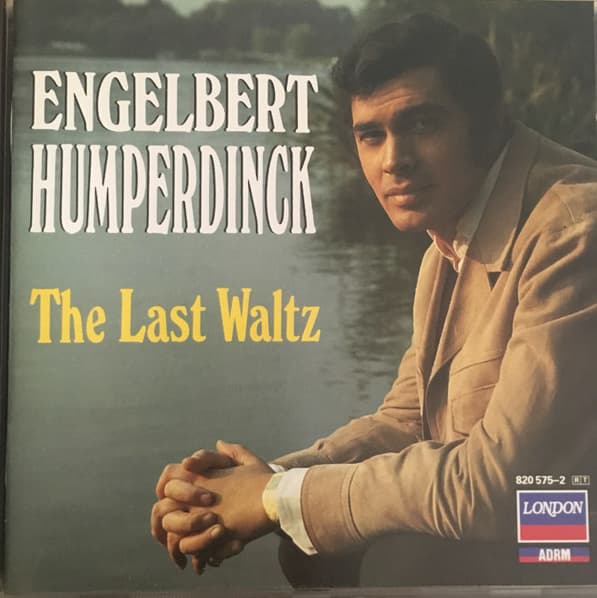
The Last Waltz: A Timeless Ballad by Engelbert Humperdinck
In the realm of pop music, there are songs that capture the fleeting moments of joy and heartbreak, the highs and lows of human emotions. And then there are ballads that transcend time, becoming anthems for generations, their melodies and lyrics echoing through the decades with an enduring power. Engelbert Humperdinck’s “The Last Waltz” is one such ballad, a timeless masterpiece that has etched its place in the hearts of music lovers worldwide.
Released in 1967, “The Last Waltz” is a poignant tale of love and loss, set against the backdrop of a bittersweet farewell dance. The song opens with a gentle piano melody, setting the stage for Humperdinck’s emotive vocals. His voice, rich and resonant, weaves a tapestry of emotions, conveying the narrator’s deep sorrow and lingering love for the woman he is bidding adieu to.
The lyrics, penned by Barry Mason and Les Reed, are as evocative as the melody itself. They paint vivid pictures of the couple’s shared past, from their first encounter to their final waltz, capturing the essence of a love that was once vibrant and now fading into memory. The song’s title, “The Last Waltz,” serves as a poignant double entendre, symbolizing both the beginning and end of their love story.
“The Last Waltz” quickly ascended to the top of the charts, topping the UK Singles Chart for five consecutive weeks and selling over 1.17 million copies in the United Kingdom. Its popularity extended across the globe, reaching number 25 on the Billboard Hot 100 chart in the United States.
But the song’s true impact lies beyond its chart success. It has become a staple of Humperdinck’s repertoire, a cherished favorite among his fans. Its enduring appeal can be attributed to its ability to resonate with listeners on a deeply personal level. The themes of love, loss, and the bittersweet passage of time are universal, striking a chord with people from all walks of life.
“The Last Waltz” is more than just a song; it’s an emotional journey, a poignant reflection on the complexities of love and the bittersweet beauty of memories. Humperdinck’s masterful delivery and the song’s timeless lyrics have ensured its place among the greatest ballads ever written. It is a testament to the power of music to transcend time and touch the hearts of generations, a true classic that will continue to be cherished for years to come.